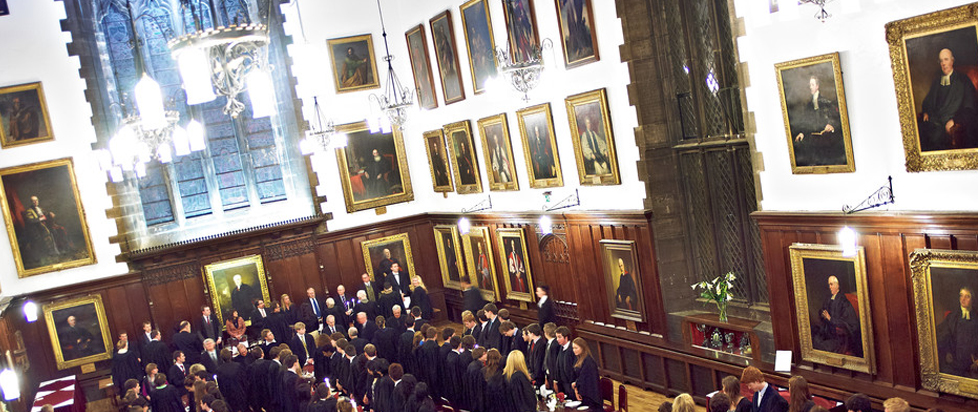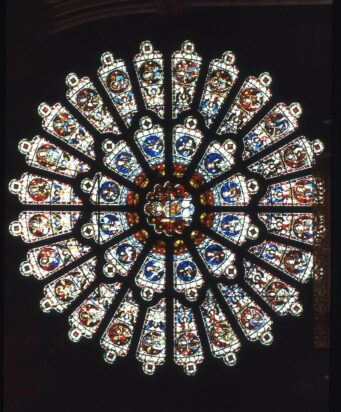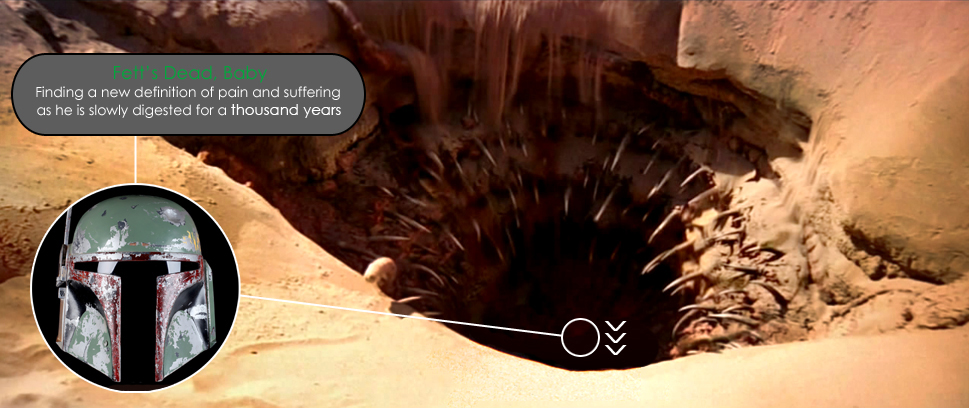
The Local Horror of Dark Academia

This column is a reprint from Unwinnable Monthly #180. If you like what you see, grab the magazine for less than ten dollars, or subscribe and get all future magazines for half price.
———
What does digital grass feel like?
———
[This piece contains spoilers for R. F. Kuang’s Babel, or the Necessity of Violence]
When dark academia blew up during the lockdown era, it felt more like a rerun for me. Not only was I hooked into the Tumblr trend in the mid-2010s, I was also at university, living in a historic city, working myself to the bone, too thin and pretty mean.
In other words, I’ve lived dark academia. I did it at Durham University, the sort of third-place runner up to Oxbridge (the chip on the shoulder seems very fitting to the genre, actually) that has the aesthetic completely wrapped up. I lived directly opposite the cathedral’s rose window for a year. I was shown books bound in human skin in the library. I once had dinner in the place they filmed the Harry Potter great hall scenes, for God’s sake. It was dark academia AF – and it was miserable.
But dark academia is sort of built on that tension. The Secret History, the book credited with sparking the trend despite being pretty scathing of both its rich student and out-of-touch teacher protagonists. Other popular examples of the genre, like Babel and The Atlas Six also deliberately interrogate the power structures at play (with varying effectiveness). While people reblogging pictures of autumn leaves over books on Tumblr or making tweed-centric fit checks on TikTok might not engage fully with the aesthetic as critique, it still comes from a longing to learn free from the realities of student loans and exploitative workloads.
But something not often engaged with by either the writers or fans of dark academia is the university’s relationship to space. I recently went back to Durham for the first time since I graduated. It was early September, right after the tourist season and just before the students were due to come back. It was a ghost town.

Durham University has more than 22,000 students, more than half of whom live in rented accommodation in the city center (as I did, the two years when I wasn’t living opposite the cathedral). And it is not a big city in the slightest; you can walk across the whole thing in 90 minutes. The University struggles to convince people there’s even enough housing for all the students – and if there is, it’s because landlords are making a mint turning family homes into crowded bedsits.
Those locals, on the other hand, are pushed to the suburbs, separated from the historic beauty and cultural hub of their own city. Dark academia necessitates exclusion; the greyness of the rest of the world pushed outside the special club of the university itself. Dislocation haunts its central themes.
In Babel, Robin Swift is pushed by Oxford University’s complicity in the British Empire to capture the (fictional) tower at the center of campus, taking people and magic silver bars hostage to push for peace with China. The gambit is only possible because of the support they get from locals. “Men who weeks ago had been screaming obscenities at Babel students now sat in the lobby among them, talking over tactics of street warfare and barrier integrity.” What’s changed isn’t the men, though, it’s the Babel students, now fighting for the same thing as the townies who had previously protested their impact on both Oxford and the wider world.
Babel is one of the books most keen to explore the dark part of dark academia; the power behind it, not just the hue of an 18th century wood-panel library. In doing so it has to situate the university in its proper contextual space. The students negatively impact the locals, who push back until the students realize they are the problem.
The students aren’t so much the problem in Durham, and in the dozens of other university cities in the UK that have been transformed by the allure of a captive rental audience. Haunting my old alma mater last month, I started to wonder whether dark academia could take on the landlords next.
———
Jay Castello is a freelance writer covering games and internet culture. If they’re not down a research rabbit hole you’ll probably find them taking bad photographs in the woods.




